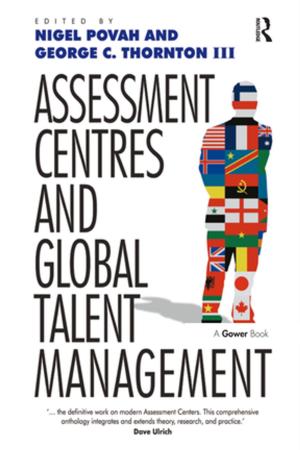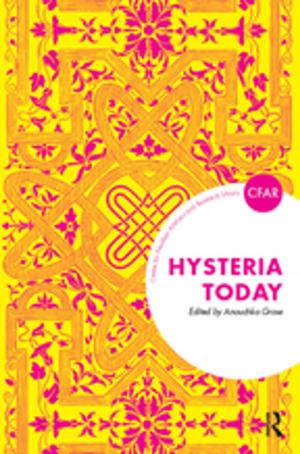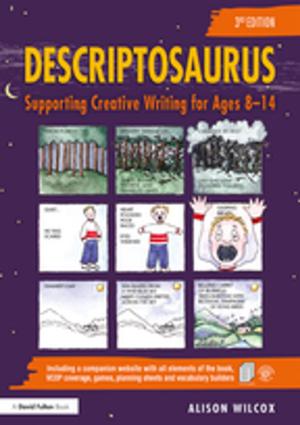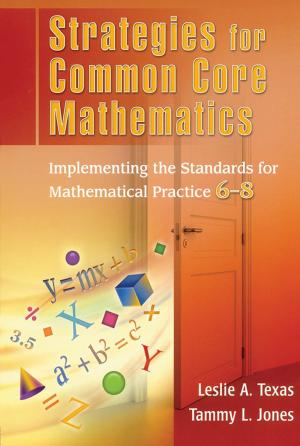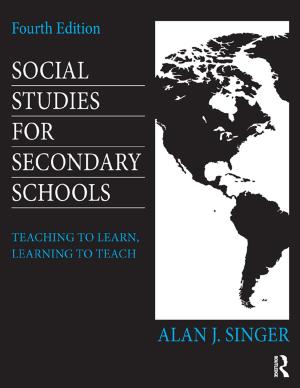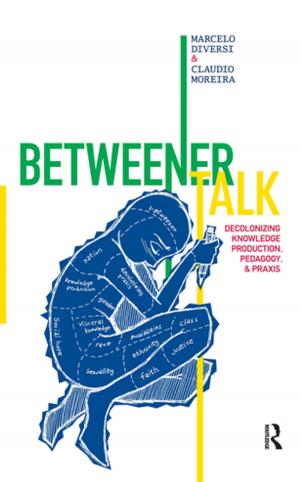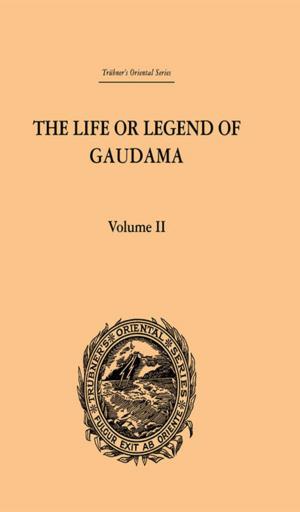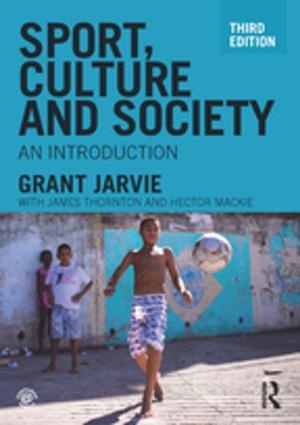Rhythms of Recovery
Trauma, Nature, and the Body
Nonfiction, Health & Well Being, Psychology, Counselling, Mental Health| Author: | Leslie E. Korn | ISBN: | 9781136512414 |
| Publisher: | Taylor and Francis | Publication: | December 12, 2012 |
| Imprint: | Routledge | Language: | English |
| Author: | Leslie E. Korn |
| ISBN: | 9781136512414 |
| Publisher: | Taylor and Francis |
| Publication: | December 12, 2012 |
| Imprint: | Routledge |
| Language: | English |
Rhythm is one of the most important components of our survival and well-being. It governs the patterns of our sleep and respiration and is profoundly tied to our relationships with friends and family. But what happens when these rhythms are disrupted by traumatic events? Can balance be restored, and if so, how? What insights do eastern, natural, and modern western healing traditions have to offer, and how can practitioners put these lessons to use? Is it possible to do this in a way that’s culturally sensitive, multidisciplinary, and grounded in research? Clients walk through the door with chronic physical and mental health problems as a result of traumatic events—how can clinicians make quick and skillful connection with their clients’ needs and offer integrative mind/body methods they can rely upon? Rhythms of Recovery not only examines these questions, it also answers them, and provides clinicians with effective, time-tested tools for alleviating the destabilizing effects of traumatic events. For practitioners and students interested in integrating the insights of complementary/alternative medicine and 21st-century science, this deeply appealing book is an ideal guide.
Rhythms of Recovery provides 10 continuing education units through the Massachusetts Mental Health Counselor Education Home study program (exam required): http://www.mamhca.org/lmhcs/home-study-program/
Rhythm is one of the most important components of our survival and well-being. It governs the patterns of our sleep and respiration and is profoundly tied to our relationships with friends and family. But what happens when these rhythms are disrupted by traumatic events? Can balance be restored, and if so, how? What insights do eastern, natural, and modern western healing traditions have to offer, and how can practitioners put these lessons to use? Is it possible to do this in a way that’s culturally sensitive, multidisciplinary, and grounded in research? Clients walk through the door with chronic physical and mental health problems as a result of traumatic events—how can clinicians make quick and skillful connection with their clients’ needs and offer integrative mind/body methods they can rely upon? Rhythms of Recovery not only examines these questions, it also answers them, and provides clinicians with effective, time-tested tools for alleviating the destabilizing effects of traumatic events. For practitioners and students interested in integrating the insights of complementary/alternative medicine and 21st-century science, this deeply appealing book is an ideal guide.
Rhythms of Recovery provides 10 continuing education units through the Massachusetts Mental Health Counselor Education Home study program (exam required): http://www.mamhca.org/lmhcs/home-study-program/


